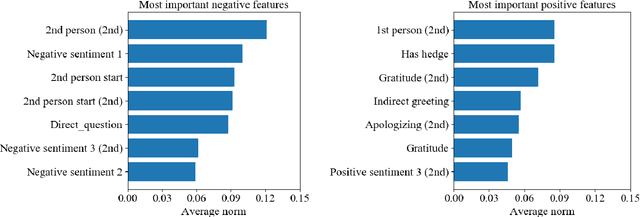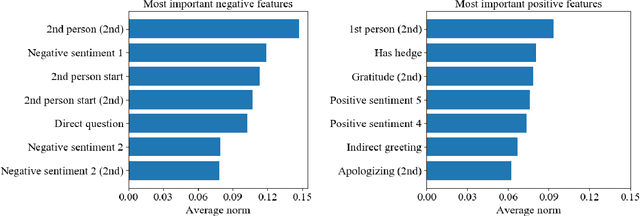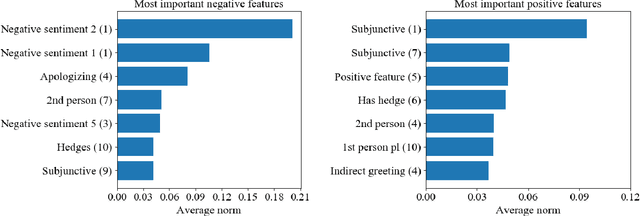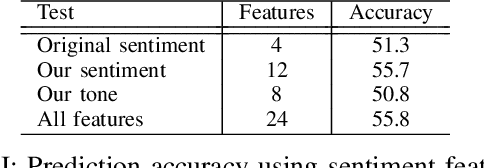Using Sentiment Information for Preemptive Detection of Toxic Comments in Online Conversations
Paper and Code
Jun 17, 2020



The challenge of automatic detection of toxic comments online has been the subject of a lot of research recently, but the focus has been mostly on detecting it in individual messages after they have been posted. Some authors have tried to predict if a conversation will derail into toxicity using the features of the first few messages. In this paper, we combine that approach with previous work on toxicity detection using sentiment information, and show how the sentiments expressed in the first messages of a conversation can help predict upcoming toxicity. Our results show that adding sentiment features does help improve the accuracy of toxicity prediction, and also allow us to make important observations on the general task of preemptive toxicity detection.
 Add to Chrome
Add to Chrome Add to Firefox
Add to Firefox Add to Edge
Add to Edge